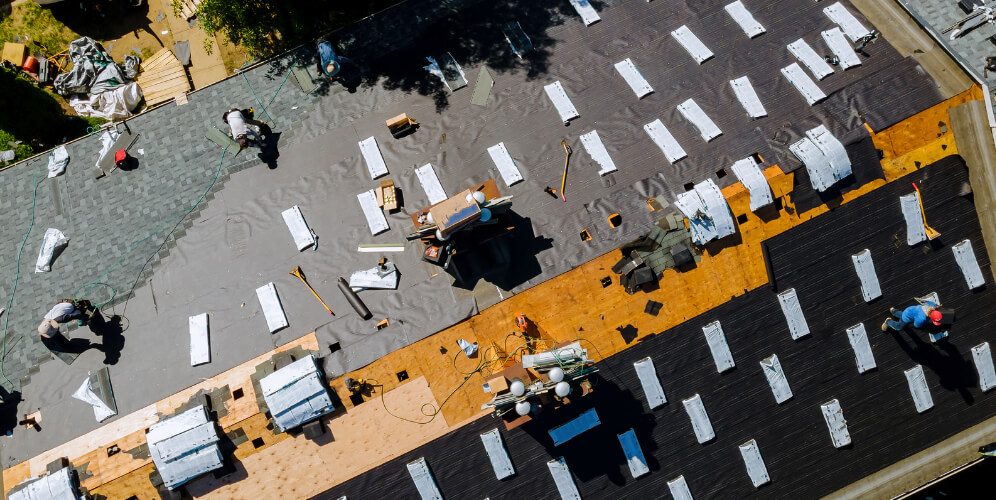
Ensuring your roofing business stays compliant with regulations and standards is not just about following rules; it's about guaranteeing the safety and quality of the structures you work on. With building codes and regulations continually evolving, staying up-to-date is essential. This article will explore why roofing code compliance matters and provide practical tips for aligning your business with the latest standards.
Understanding the Importance of Roofing Code Compliance Building codes and regulations are in place to safeguard occupants, preserve property value, and promote sustainable construction practices. Compliance with these standards mitigates risks associated with structural failures as well as protects your business from legal liabilities and reputational damage.
Why Staying Up-to-Date Matters
Ensures Safety
Compliance with building codes and regulations helps prevent accidents, injuries, as well as fatalities resulting from structural failures or hazards.
Enhances Quality
Adhering to industry standards ensures durable, reliable roofing installations, leading to satisfied customers and fewer warranty claims.
Avoids Legal Issues
Non-compliance with building codes can result in costly fines, penalties, and legal disputes, tarnishing your business's reputation and credibility.
Promotes Sustainability
Building codes often include provisions for energy efficiency, environmental sustainability, and disaster resilience, contributing to a greener as well as more resilient built environment.
Practical Tips for Staying Compliant
Stay Informed
Regularly review updates to local, state, and national building codes and regulations relevant to roofing construction. Subscribe to industry publications, attend training sessions, and participate in professional development programs.
Consult Experts
Seek guidance from building inspectors, architects, engineers, and other industry experts. Engage in open communication as well as collaboration with regulatory authorities to promptly address compliance concerns or inquiries.
Invest in Training
Provide ongoing training and education for your team members to enhance their knowledge and skills in roofing code compliance. Equip your workforce with the latest tools, equipment, and technology to facilitate efficient as well as compliant installations.
Document Compliance
Keep thorough documentation of building permits, inspections, approvals, and certifications for each roofing project to prove compliance with relevant codes and regulations. Document deviations from standard practices and their rationale to justify your approach and ensure accountability.
Implement Quality Assurance
Establish robust quality assurance processes and procedures to monitor and evaluate the performance of your roofing installations. Conduct regular inspections, audits, and quality control checks to promptly identify as well as address any deficiencies or non-conformities.
Stay Engaged
Participate actively in industry associations, committees, and forums that develop roofing code compliance and standards. Share insights, exchange best practices, and advocate for regulatory reforms that benefit the roofing industry as well as promote public safety.
In conclusion, staying up-to-date with roofing code compliance is a fundamental aspect of running a successful and responsible roofing business. Understanding compliance, staying updated on regulations, consulting experts, investing in training, and implementing quality assurance ensure ethical, efficient, and safe roofing solutions meeting regulatory standards.